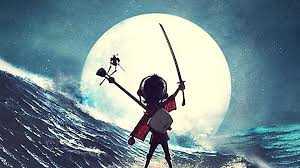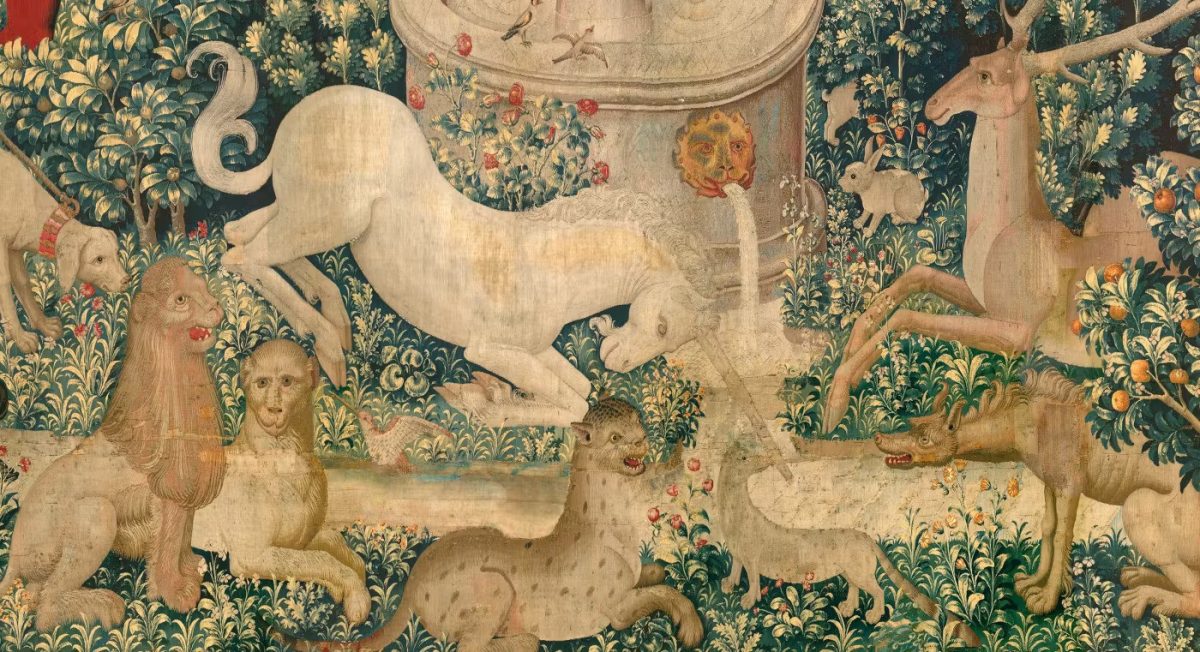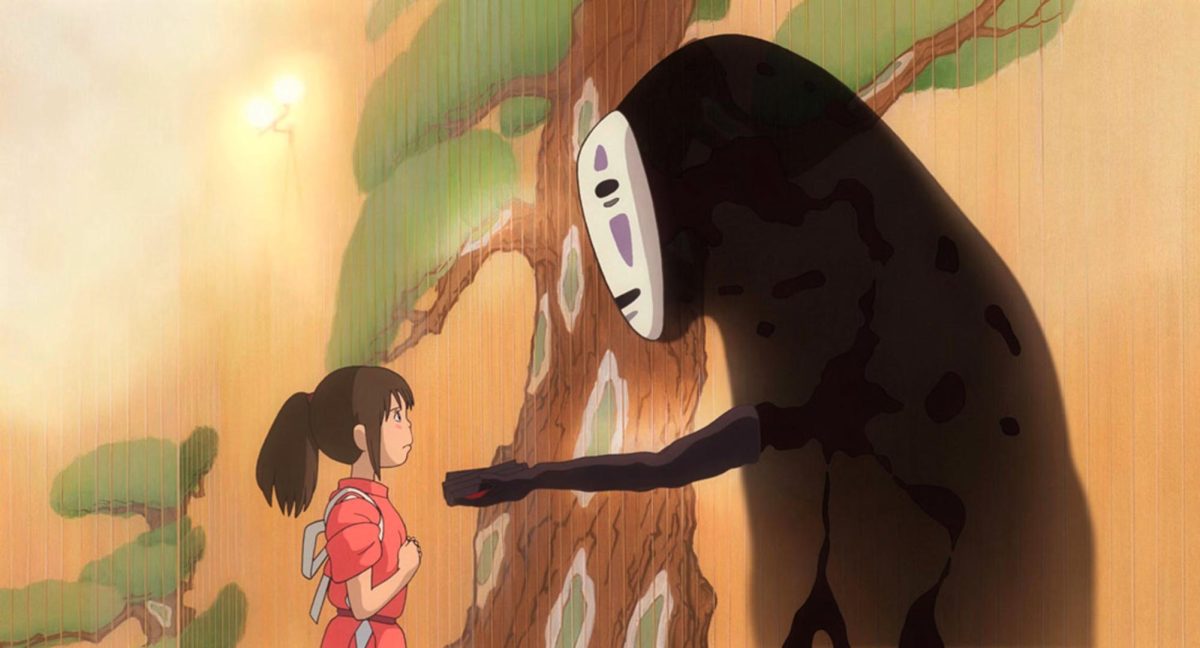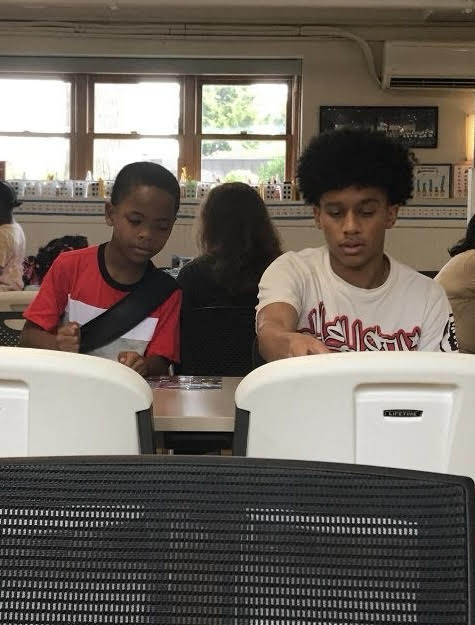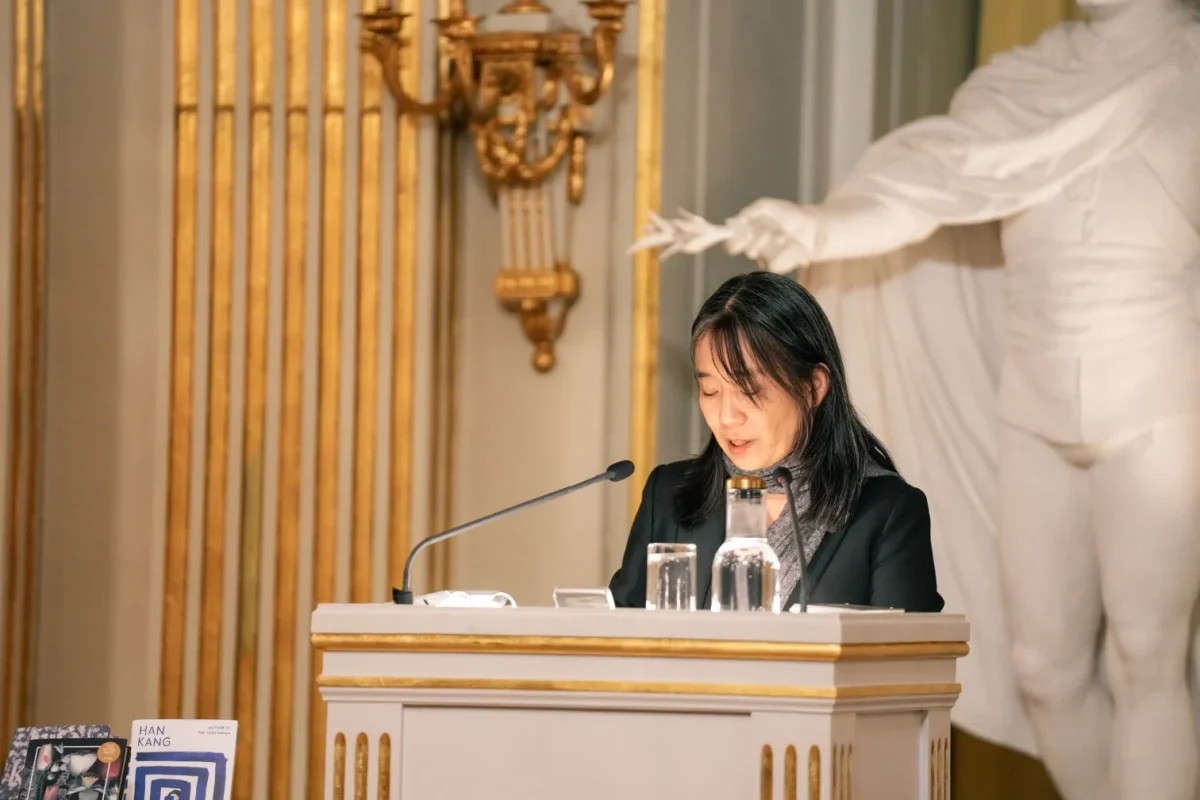One movie I recommend that everyone watch at least once in their lives is “Kubo and the Two Strings.” This remarkable film left a lasting impression— especially since I vividly remember watching it as a child. However, I couldn’t recall many details then—only that it came out in 2016, and I watched it in theaters with a friend. Years later, after deciding to revisit this gem, I again felt utterly enchanted. The stop-motion animation is nothing short of mesmerizing, and the beautiful storytelling sets it apart from many other animated features.
Set against the backdrop of feudal Japan, “Kubo and the Two Strings,” directed by Travis Knight, intricately weaves together themes of family, loss, and the power of storytelling. The film follows the story of Kubo, a young boy navigating the challenges of caring for his mother, who suffers from Alzheimer’s. Kubo’s primary instrument, a two-stringed lyre, becomes his lifeline, allowing him to channel his magical ability to bring origami figures to life. This talent serves as entertainment for members of his village and becomes a metaphor for how Kubo copes with the violent and adult-centric world around him. His mother’s condition profoundly impacts his life, teaching him both the fragility of memory and the importance of holding onto the stories that define us.
The plot thickens as Kubo must cautiously avoid his evil grandfather, the Moon King, who poses an ever-present threat to his safety. Because of this threat, he lives in seclusion, often trapped in a cave during the dark hours to stay safe from the horrors that his family history brings. When an unexpected catalyst ignites Kubo’s journey—a quest to find the pieces of his father’s armor and confront his family’s dark past—he embarks on an adventure filled with danger, discovery, and the unbreakable bond between family and dreams. One of the standout elements of “Kubo and the Two Strings” is its powerful message and fearless exploration of life’s harsh realities. It delves into subjects many children’s films shy away from, including the redemptive power of storytelling and the notion that not all families are inherently good. Kubo’s perspective is literally forcefully changed as one of his eyes is cut out and stolen by his grandfather. He is never able to travel during the day for fear of being captured by his aunts and fully blinded by his grandfather. His grandfather’s belief in sight as humanity’s curse plays into the deeper metaphor of the “blinding” qualities of hatred and disillusionment present in the film. This is grim setting, especially for a children’s film. Throughout his journey, Kubo must grapple with painful truths: that his mother, even though she cares deeply for him, is struggling with her condition and role as a parental figure, that not every person is kind—including family members—and that he bears the heavy burden of confronting and defeating his grandfather.
I was captivated by its unique style and intergenerational narrative. The tale of Kubo is not simply one of adventure; it’s about survival through connection and the transformative power of storytelling. Kubo understands that loss is a real and painful experience, and rather than allowing it to consume him, he transforms that pain into something beautiful—a story to share with others. His strength lies not in physical might but in his bonds with fellow characters such as Kameyo the village elder, the Beetle, and the Monkey. What Kubo has lost—his family, his childhood innocence, and even pieces of himself—are never truly gone; they continue to live on through him and the beauty of the narratives he creates and shares; it is through that realization that Kubo builds the foundations of his strength. “Kubo and the Two Strings” stands out with its gorgeously textured, intricate animation style that draws viewers into its world, making them feel every emotion alongside Kubo. Featuring prominent voices such as George Takei and Matthew McConaughey, its fresh take on grief, family, and the resilience of the human spirit is undeniably moving. Ultimately, this film is a testament to the power of creativity and connection. It reminds us that we can carry our loved ones with us, even after they’ve gone, through the stories we tell and the memories we cherish.

